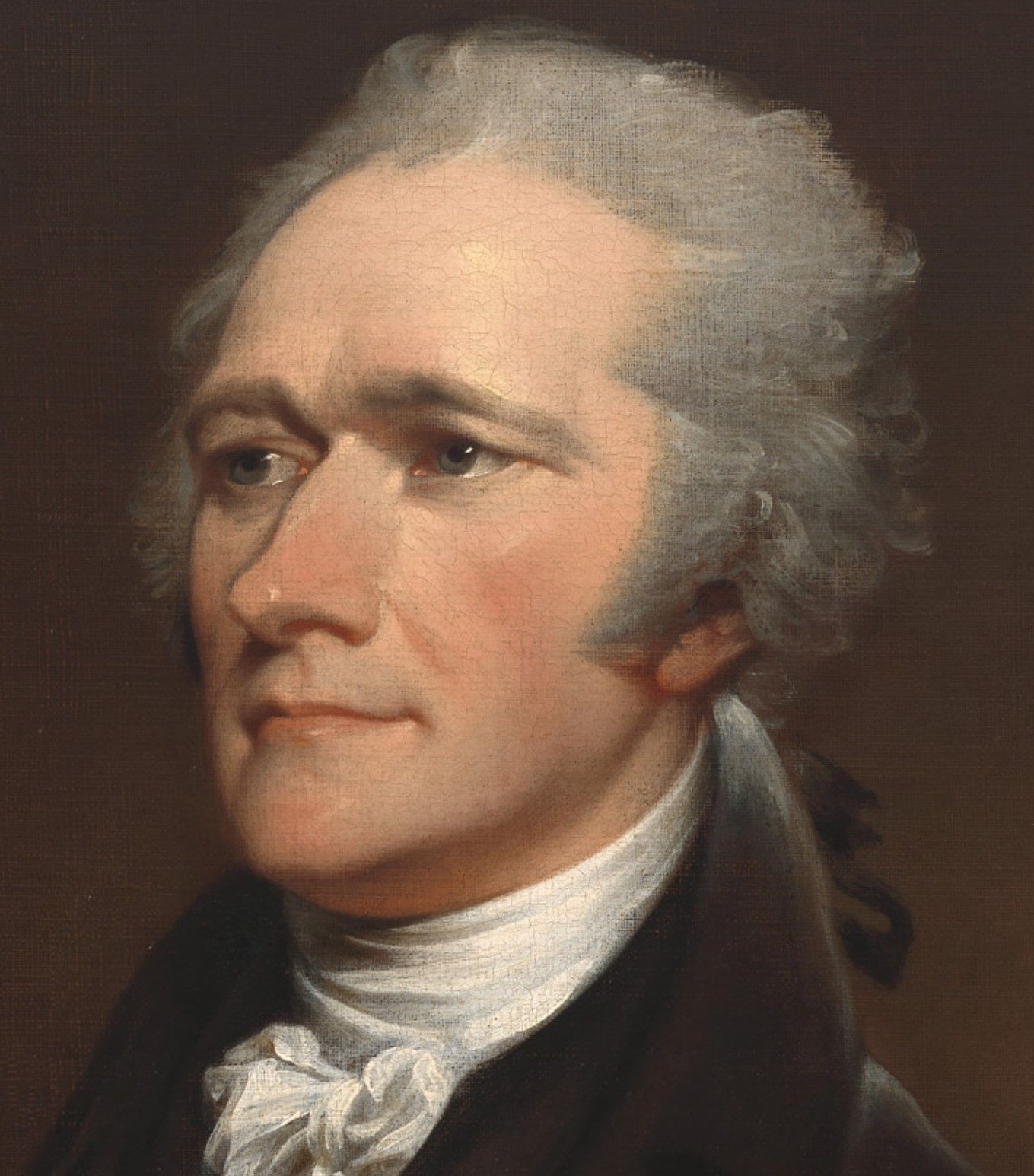
Hamilton Needed a Weekend
If you are a creative, and you ever feel like you aren’t spending enough time on your work, fear not.
Every time you think you aren’t “getting your butt in the seat every day” or cloistering yourself in your study until your hit screenplay is finished, rather than “write your way out,” do yourself a favor:
Do not be like Alexander Hamilton.
Hamilton wrote every day, for hours a day, and refused to ever take a break from his work—both in real life and in the titular hit musical. As a result, he ended up having a disastrous affair that siphoned off a chunk of his fortune to blackmail and wrote a spectacularly self-sabotaging manifesto that destroyed both his political career and his marriage.
In today’s insatiable hustle/grind productivity culture, it’s next to impossible to truly take a break. When you aren’t working, you’re thinking about work. When you’re not thinking about work, someone is making you feel guilty about not thinking about work. It’s a perpetual exercise of burning yourself out at both ends. Which, as we’ve learned from Hamilton, the play and the person, will only end up immolating both you and your legacy.
If you’re a creative, that attitude gets magnified. You never feel productive enough because you don’t work the same way as other people. People don’t want to pay for your art because, hey, “it’s not that hard.” Creatives are told they should just be grateful that the Great Gods of Capitalism have graced them with any value at all for the work they’ve put in. It’s not intentionally mean-spirited (most of the time). It’s because most people’s perception of work is fundamentally different from those in creative fields.
Most jobs require a 9-5 mindset, where you go into work 5 days a week, every week, and “be productive.” Creative fields just don’t work like that. Our work is often sporadic and freelance-based. We work when we’ve got a painting commission, or a music gig at a club, or a script deadline for a producer. It’s not so much working “when we feel like it" as much as working when we can actually get paid.
Speaking of getting paid—there’s also no one way to assign value to something like art once it’s created. For normal jobs, you know exactly how much money you’re getting per hour or per year. If you’re a barista, you are (or should be) making at least $15 an hour. If you’re a cop or a teacher, you’re probably making an annual salary between $40k to $70k.
For creatives, it’s like a Dungeons and Dragons dice roll every time. Sometimes you get a modified 20, sometimes you get a nat 1 [Editor's note: you'll have to look that up ... D&Ders, carry on]. One painting could be worth a million bucks, and another goes for $25 on Etsy. One blockbuster script sells for six figures, whereas an indie darling would be happy to get a few grand. Could you imagine if all product prices worked like that? We’d be paying $1 for an apple one day and $100 the next because Elon Musk bought a billion and a half of them and said apples are going to the moon.
Since the market is always in flux, depending on who wants what, it doesn’t make sense for creatives to work like it’s a 9-5. You can’t output the same thing every day only to get wildly different results each time and expect to function like a normal productive citizen. You’ll just drive yourself crazy.
So, what do you do?
You do nothing.
Yes, nothing.
Creativity, at its core, is the synthesis of existing ideas into new ones. In order to be able to synthesize new ideas, you need the time and space to step back and just take in some existing ones. It might just feel like procrastinating when you’re binge watching that new Disney+ show, or looking up cool artists on Instagram, or even just reading the news on Twitter. Okay, sometimes it is—but believe it or not, that down-time is worth just as much to you as time spent at the easel or the computer.
Encoding that information into your brain without trying to manipulate it is a vital part of the creative process. How are you going to come up with the next great sports script without watching a single game? How are you going to paint the next Mona Lisa without studying women’s faces and how other artists render them?
How are you going to make something that’s going to change the world when you’re too busy to experience the world you’re trying to change?
So, do nothing. Take that break. Read that book. Watch that show. Laugh at those stupid Twitter memes. Enjoy your nothingness fully and completely.
The second you turn it off, you’ll be itching to make something new.
*Feature Image: "Portrait of Alexander Hamilton" by John Trumbull (1806) / Wikimedia Commons

